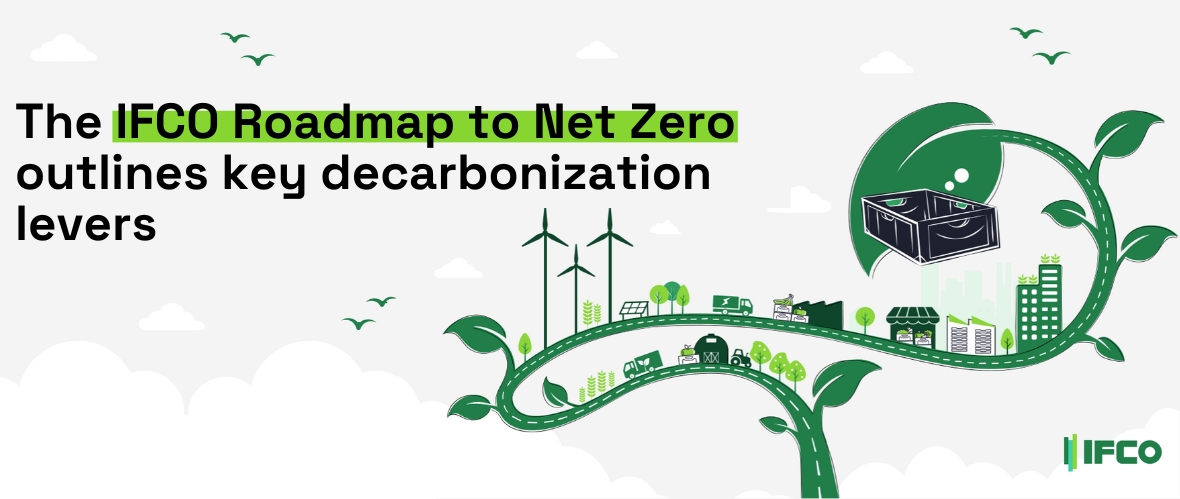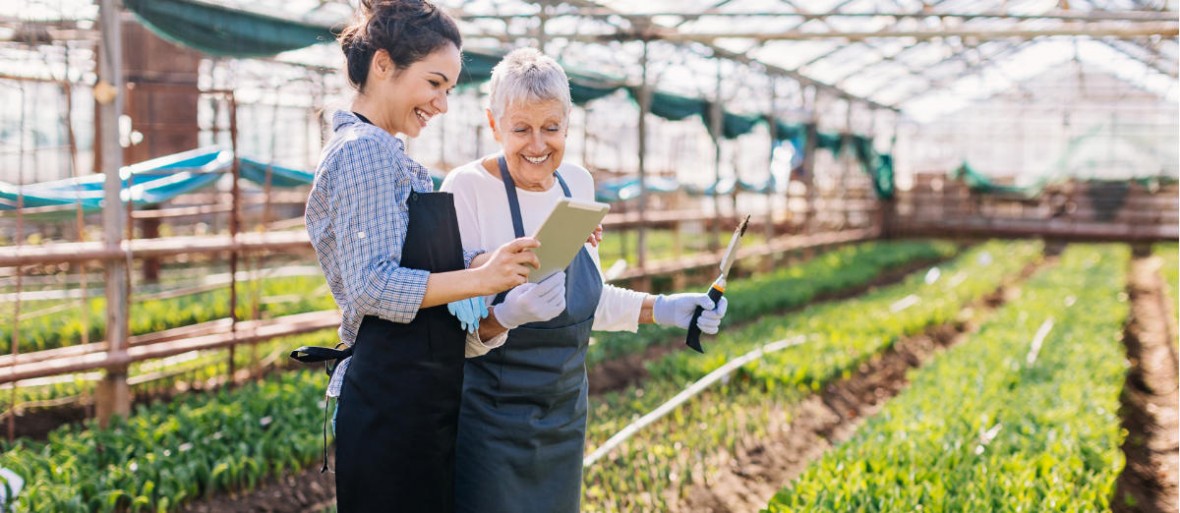Munich, Germany, January 30, 2024: IFCO, the world’s leading provider of reusable packaging containers (RPCs) has published the IFCO Roadmap to Net Zero, which outlines key decarbonization levers and sets clear milestones for becoming a Net Zero business by 2040.

Most notably, the Science Based Targets initiative, an independent body, has validated IFCO’s near-term science-based targets (SBTs) for 2031, confirming that the company’s goals for reducing greenhouse gas (GHG) emissions align with a 1.5-degree scenario, as recommended by the Intergovernmental Panel on Climate Change (IPCC).
IFCO CEO Michael Pooley, highlights the ambitious nature of the roadmap: "Our decarbonization roadmap builds on the success of the IFCO SmartCycle. While our circular business model is inherently sustainable, we are committed to achieving even more. By 2040, we intend to fully decarbonize our supply chain and become a Net Zero business. The validation of our targets from SBTi is a key milestone in this journey and confirms our commitment to set ambitious climate targets that are aligned with science."
IFCO approved near-term science-based targets
IFCO officially committed to setting carbon reduction targets in line with science through the Science Based Targets initiative in 2022. SBTi has now independently assessed, verified, and approved IFCO near-term targets. IFCO therefore commits to the following targets for FY2031 with a FY2021 baseline:
The SBTi validation is a key milestone in IFCO’s decarbonization journey, which began with the 2025 ESG strategy. The latest ESG report shows significant progress toward 2025 goals, including securing 100% certified green electricity for all IFCO-operated Service Centers and attaining carbon neutrality in operations.
Achieving its near-term Science Based Targets is a key step in IFCO’s overall ambition to reach Net Zero emissions by 2040. To reduce scope 1, 2, and 3 emissions and meet both near-term and long-term climate goals, the company has developed a comprehensive decarbonization roadmap. Key focus areas include establishing carbon-neutral Service Centers, manufacturing low-carbon RPCs, and decarbonizing supply-chain transport. Some key levers include:

Implementing low-carbon technologies at IFCO service centers, including solar and solar thermal solutions as well as heat pumps

Using fuel-efficient vehicles, increasing use of rail, exploring zero-emissions transport.

Transitioning to green electricity in the RPC recycling and production processes.

Reducing the use of virgin plastic and increasing the proportion of recycled plastic to produce low-carbon RPCs.

Further optimizing the IFCO SmartCycle, for instance by increasing the number of times each RPC is reused.
Inigo Canalejo, Vice President, ESG and Strategic Marketing, is spearheading the decarbonization roadmap:
"Delivering on our 2025 ESG goals is a top priority for IFCO. Working towards our now-approved near-term science-based targets for 2031 ads another level of commitment to our ambition. We are confident in our ability to deliver on our commitments and to overcome challenges with new technologies and our innovative mindset. To succeed, it is imperative that we collaborate with every stakeholder along our supply chain and fulfill our purpose to make the fresh grocery supply chain sustainable."
Stay up to date
Want the latest fresh food packaging industry knowledge delivered straight to your inbox? Subscribe to our newsletter and get the latest news, trends, articles and more!
